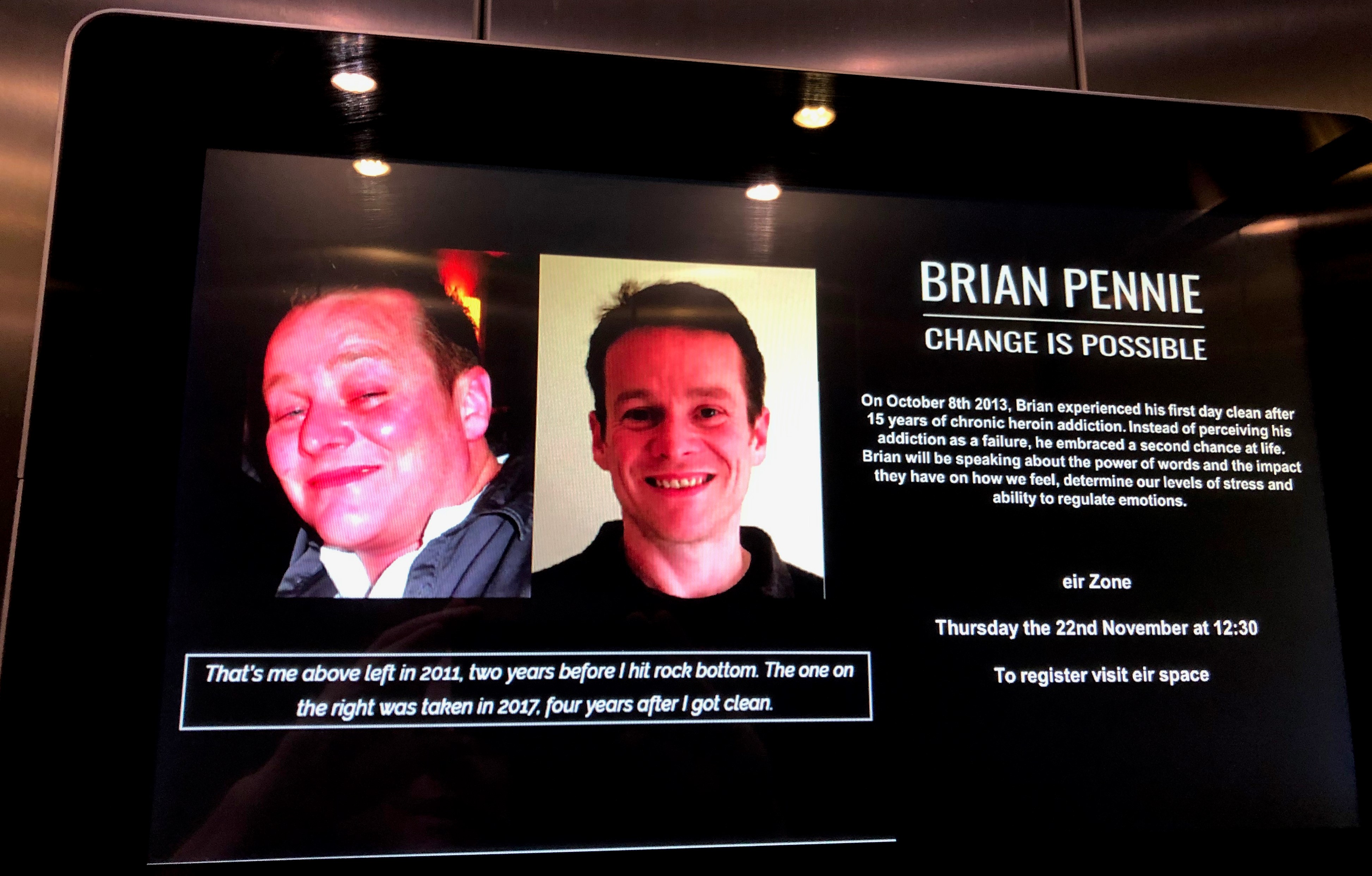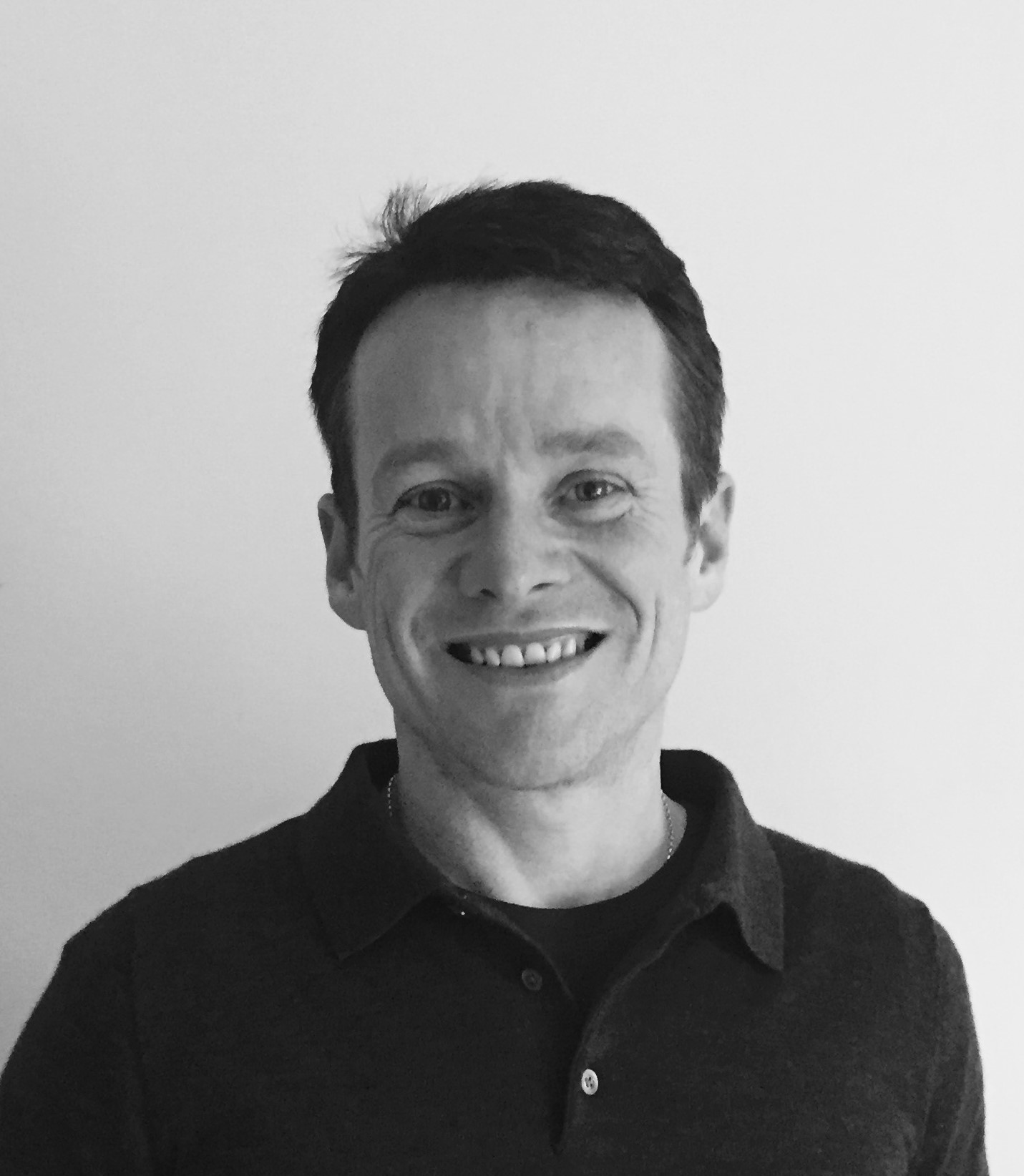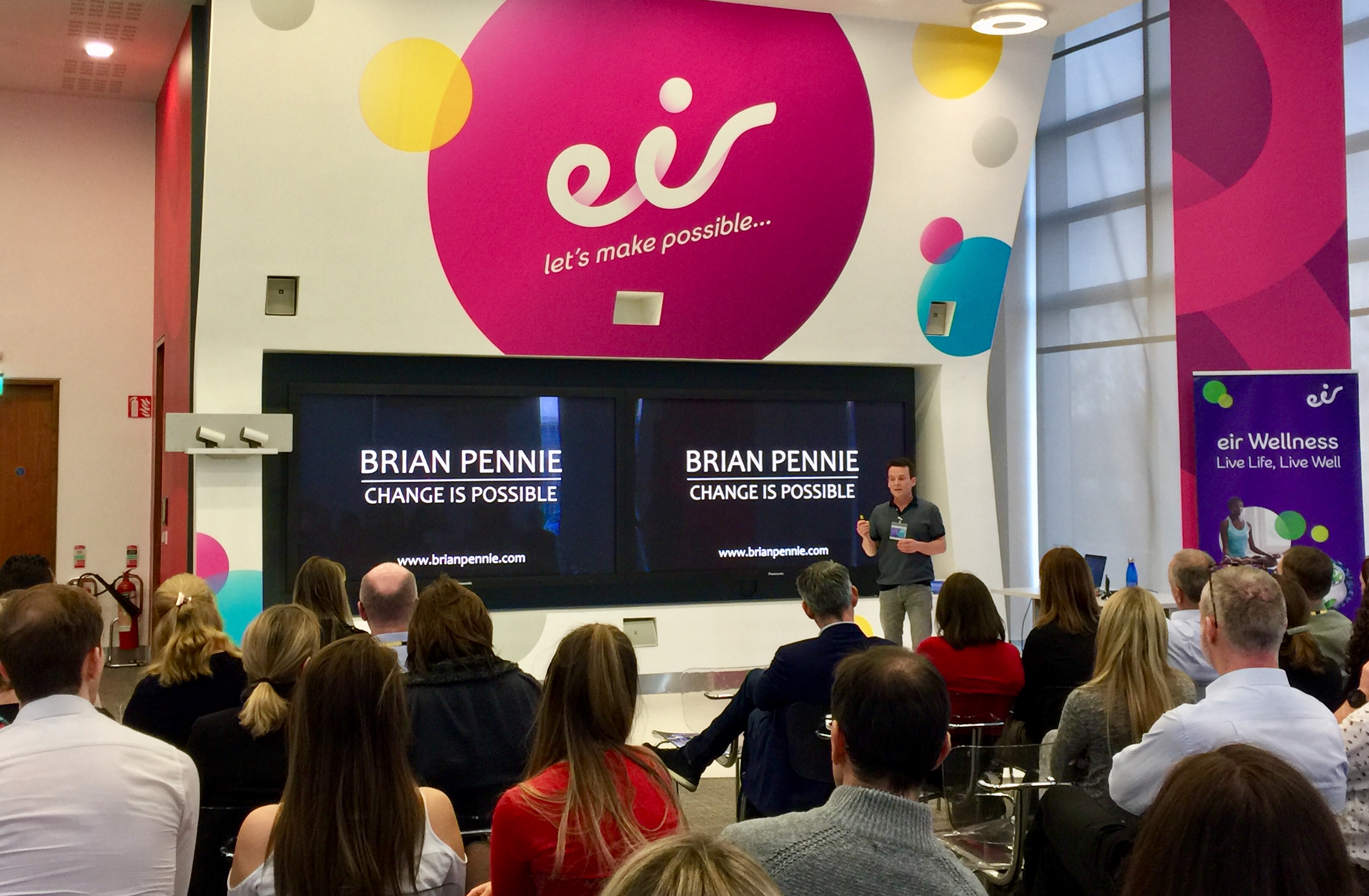I wanted to learn quick, and I wanted to learn from the best. Through my talks in schools and universities, I also wanted to equip future generations with the tools and tactics they need to cope with modern life.
Then it popped into my head. It was a no-brainer. Inspired by Tim Ferriss’s book Tribe of Mentors, I needed a tribe of my own, and set out to contact the most successful people I could find. I thought it best to start in the corporate world, so I reached out to over 30 of the most influential CEO’s in my country.
When I figured out how to get their emails, I then had to decide what I was going to write. I’ll be honest, I didn’t put that much thought into it. I simply spoke from the heart.
With a subject line called “taking a punt”, the email went like this:
Dear Xx Xxxxxxxx,
My name is Brian Pennie and I am a PhD student studying the neuroscience of mindfulness in Trinity College Dublin. My journey has been far from conventional however. On October 8th 2013, I experienced my first day clean after 15 years of chronic heroin addiction. I am not quite sure why or how, but on that day I gained a completely new perspective on life.
During the last four years I have been fortunate enough to meet some amazing people who have helped me to successfully navigate my new life. These experiences and chance occurrences have had a huge impact on my journey towards becoming a fully funded PhD student in Trinity College, published academic writer, lecturer in UCD, personal development coach in both private and commercial settings, and a guest speaker for mental health awareness in schools and colleges around the country.
As a ridiculously enthusiastic and passionate learner, I have decided to take a punt and reach out to some of Ireland’s most successful people. Although I have learned a great deal thus far, I would love to gather further information from Ireland’s best. My goal is to learn skills and techniques to enhance my own personal development, and to pass them on to future generations through my scheduled talks.
I would be privileged if you could spare some time (email, Skype, or maybe even a coffee) to share your insights on how to be successful in this complex world.
Kind regards,
Brian
The response rate was a staggering 81.2%, and I got interviews with everyone who responded. I then used the same tactic to contact successful people in music, sport and the entertainment industry. Following advice from one of my interviewees (thanks Hugh), I then asked each person to introduce me to another successful individual in their circle; then the momentum really flew.
Why was the email so successful? — A retrospective breakdown.
1. Authenticity
I was completely transparent and stayed true to my real self. I genuinely am a “ridiculously enthusiastic and passionate learner”, so that’s what I said. What’s more, of the 18.8% that didn’t respond, not only is that OK, it’s a good thing. Maybe they didn’t get the email, or maybe they were too busy. However, if they did see it, and didn’t like what they saw, that’s fantastic too; it saved everyone wasting their time.
“Be true to your wonderfully weird self. You’ll attract what you need, and repel what you don’t.” — My favorite life lesson
2. Boldness and novelty
Most people don’t think it’s possible to land interviews with the top CEO’s in their country. As a result, they don’t get many random requests, especially from people like me. I jumped out of the box, and had no one to compete with. As Tim Ferriss states, “The level of competition is thus fiercest for ‘realistic’ goals, paradoxically making them the most competitive.”
Moreover, we appear to value boldness and novelty, particularly in the western world, so these actions gave me an edge.
“The only limits in your life are the ones you put on yourself, so dream big, and be bold.” — My second favorite life lesson
3. I had a mission
My mission in life is to show people that change is possible. Part of this mission is to learn new skills and pass them on to future generations. This was my original reason for reaching out. However, the questions from these interviews have since developed into a book I’m writing about the tools and tactics used by Ireland’s best.
When you have a mission you believe in — one that helps others — it only makes sense that others will want to help you too.
4. I created a sense of intrigue and curiosity
I’m not sure what they thought after reading my email, but I’m thinking it went something like: “Who the hell is this fella, I wonder what this is all about?” I didn’t leave out details to create intrigue — I simply didn’t want to waste anyone’s time — but in retrospect, I think it worked to my advantage.
“We keep moving forward, opening new doors, and doing new things, because we’re curious and curiosity keeps leading us down new paths.” — Walt Disney
5. People are inherently nice, and genuinely want to help
Some people might think I’m naive, but the fact is: they were nice, and they did want to help. These interviews have since led to extraordinary opportunities, including a book deal with a mainstream publisher (with two more on the horizon) and speaking engagements in some of Ireland’s largest corporate institutions. I’ve also launched my own business around the topic of personal growth. The featured picture at the top of this article is me speaking to senior executives in Eir, Ireland’s largest telecommunications company. The picture below is the big screen advert that greeted me in the elevator.

I’ve also built close relationships with several of Ireland’s most successful CEO’s on the back of this email. This includes Michael Slein, founder and CEO of LED Group Robus, and John Boyle, founder of Ireland’s largest independent bookmaker Boylesports (revenue nearing €1.5 billion); both of who are now friends and mentors.
6. Everyone loves a story
People love stories, something I didn’t realize until recently, and I had an intriguing one. You might be thinking: “damn, I don’t have a story”, but think again. Everyone has a story. And if you’re looking to contact the most successful people in your country, it’s likely you have a good one.
If you’re struggling with your story, think about what you do and why you do it. Think about the hard lessons you’ve learned, and how they’ve shaped the person you are today. Think about your fears, and how you can help others to overcome theirs. People are driven by emotion, and a good story allows them to see the human side of others. This is where true connection lies: in our challenges, our vulnerabilities, our suffering, and our fears.
Take away message
If you want to learn from the best, you need to think big. This means reaching out to people further along the path, the ones who know what you want to know. The email appears to be the best option, so you’ll need to craft a good one. With a response rate of 81.2%, these characteristics appear to work best:
- Authenticity. Being true to yourself is crucial, and tends to shine through. You’ll also attract what you need and repel what you don’t.
- Novelty and boldness. Combined with a sense of intrigue, you’ll leave them wanting more.
- Having a purpose. You’ll need a mission you believe in and one that helps others. If your mission is real, people will be drawn towards you.
- Tell them your story, warts and all, preferably one that’s connected to your mission.
Now it’s time to take a leap. Remember, “the only limits in your life are the ones you put on yourself, so dream big, and be bold.”
Do You FEAR Change?
If not, check out the FREE program I developed to make extraordinary changes in my recovery from long-term addiction.


